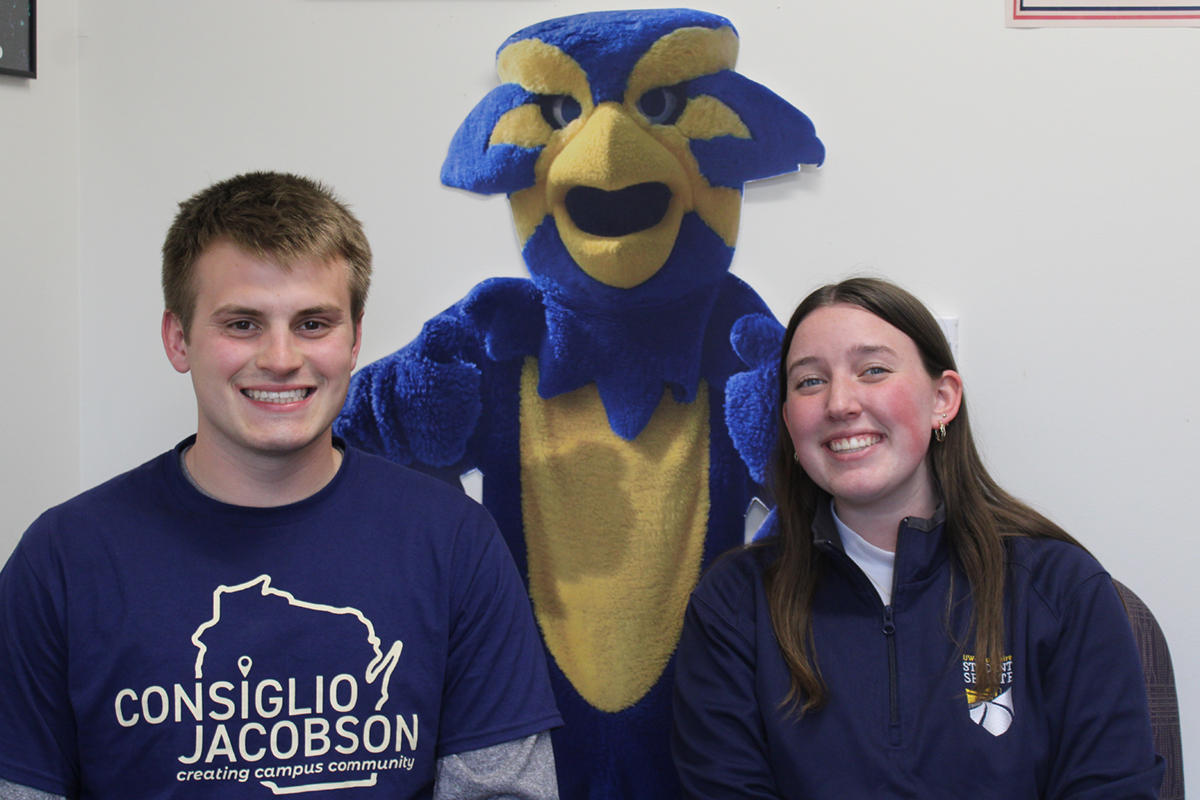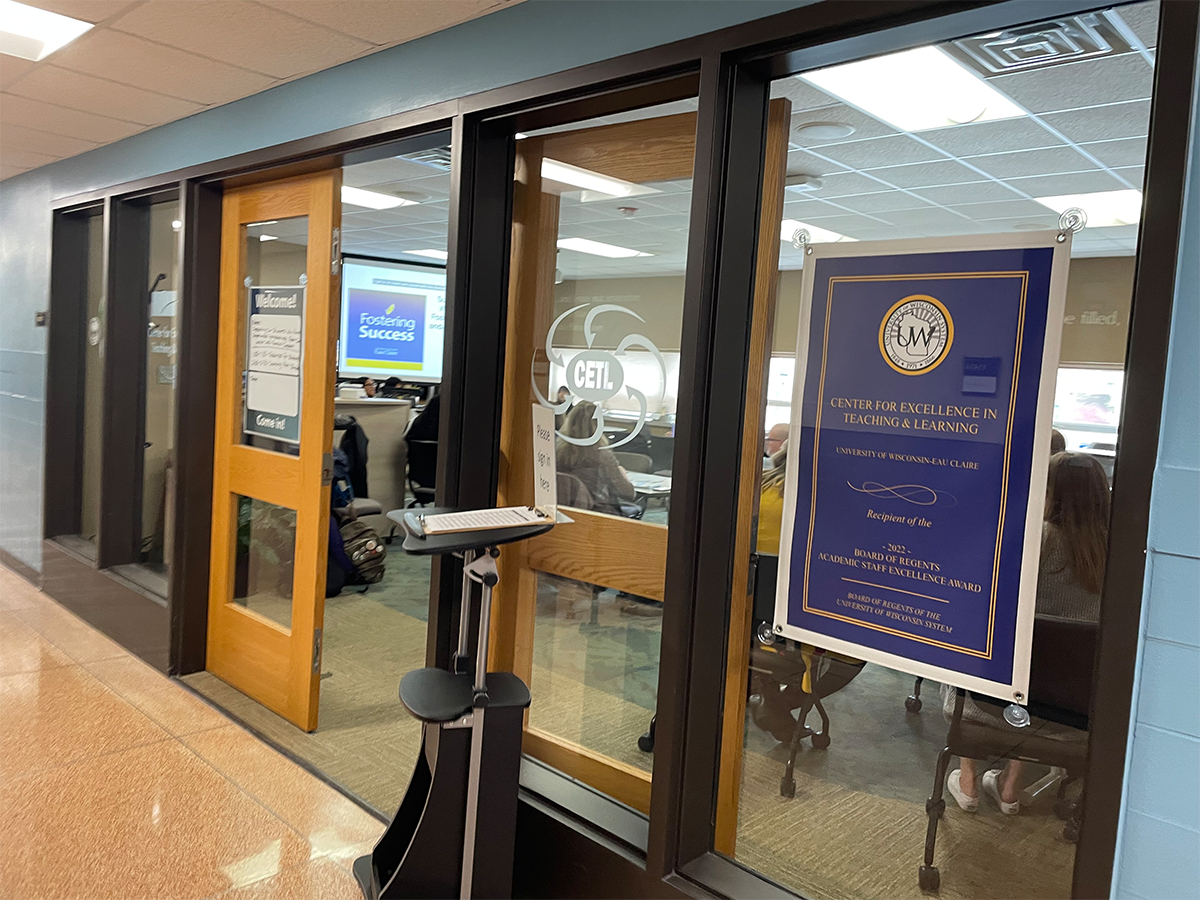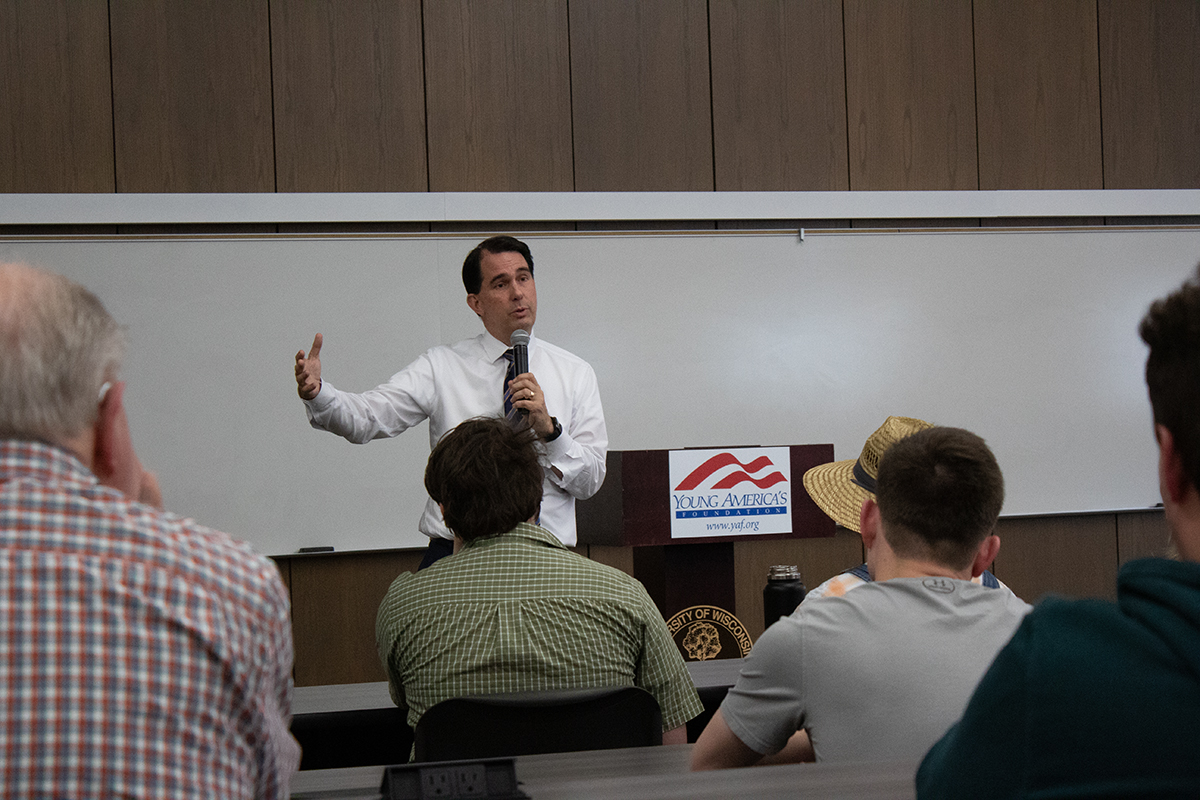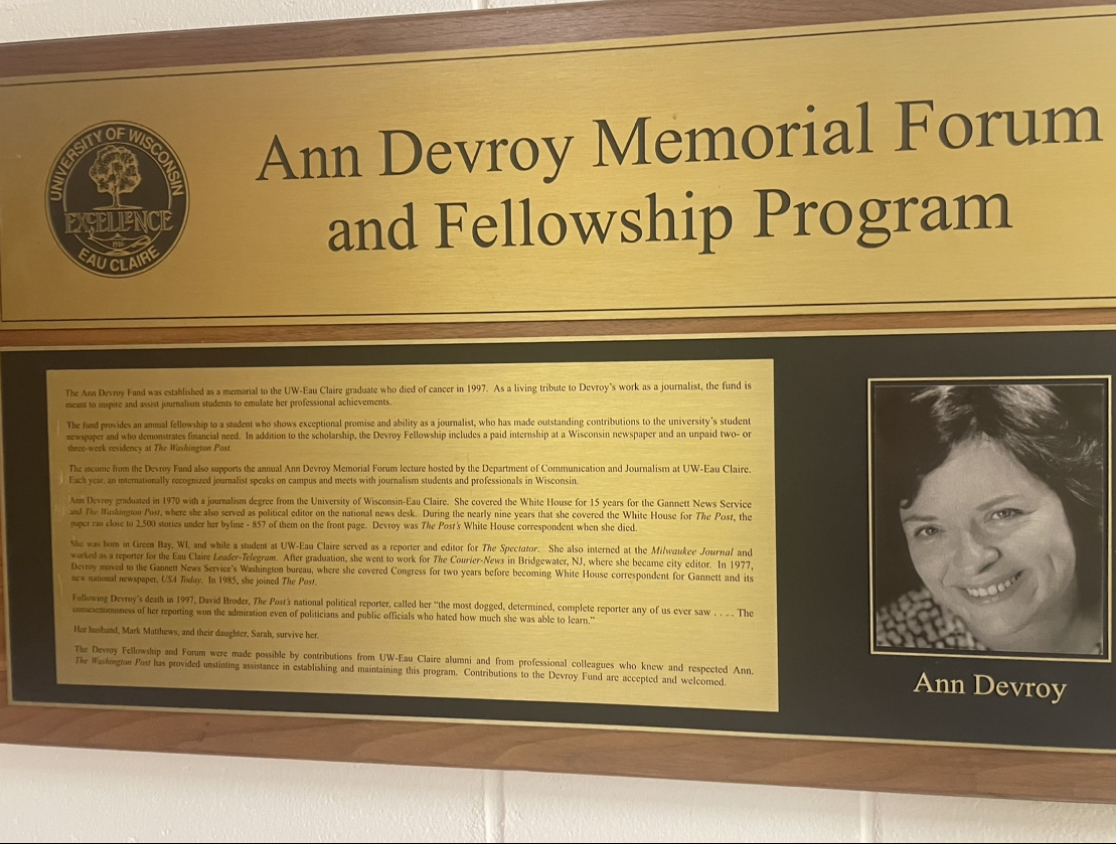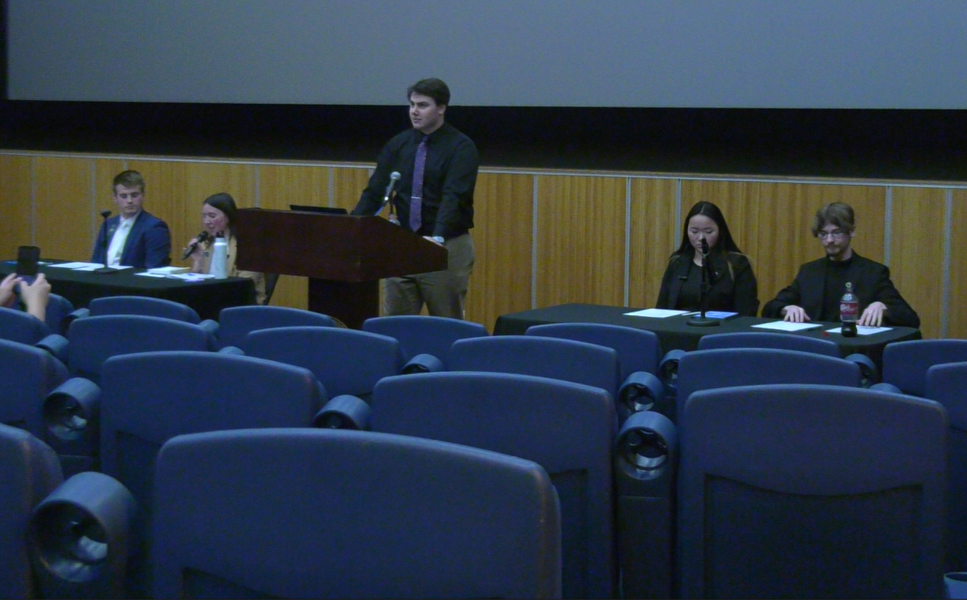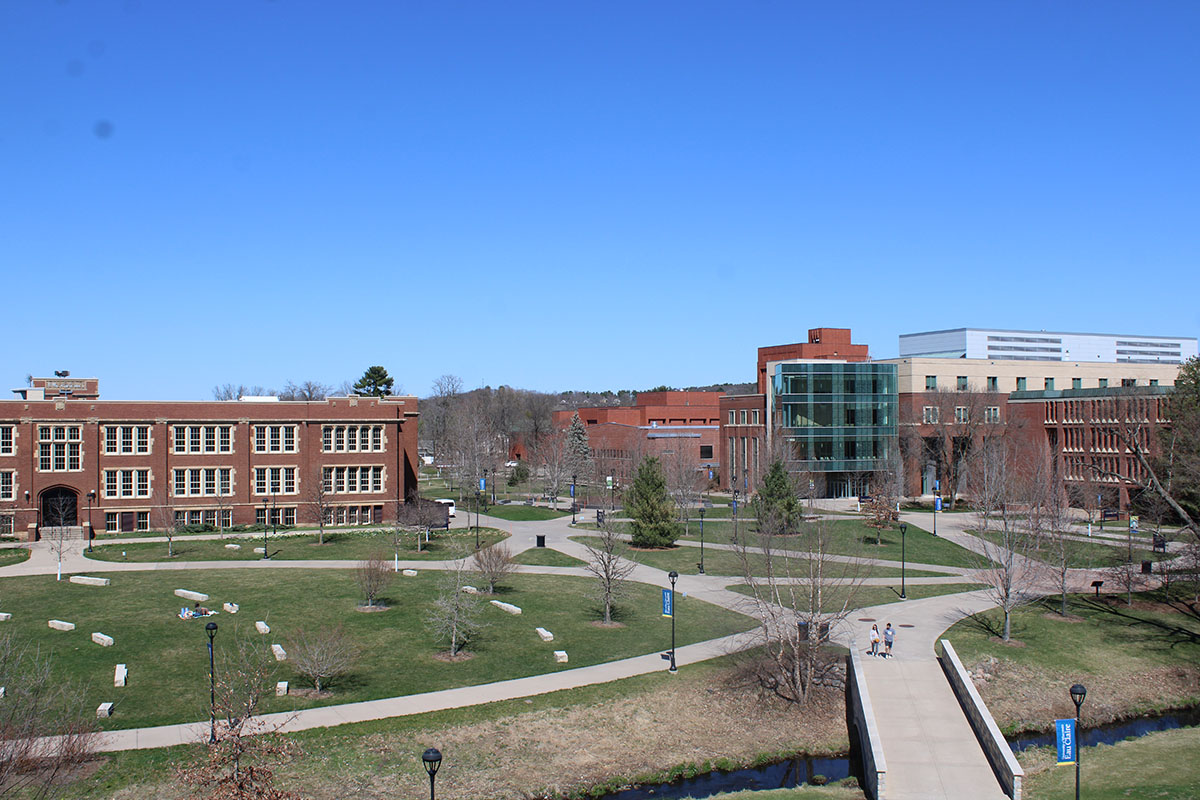While political pundits tout southwestern Wisconsin as a highly decisive region in the upcoming presidential election, the people of the area also must decide who to send to Washington D.C. to represent the 3rd congressional district in the U.S. House of Representatives.
Democratic Representative Ron Kind is facing Republican state Senator Dale Schultz in Wisconsin’s 3rd congressional district race on Nov. 2.
Kind, who has held the seat since 1996, said a main focus of this election is making higher education more accessible.
“I’m concerned that our country is losing its way when it comes to the higher education system,” said Kind, who sits on the higher education committee. “I think education is the great equalizer in this country.”
He said he supports increased funding for Pell grants as one way to decrease the financial burden on students.
Schultz, who has sat in the state legislature since 1982, said he has been traveling throughout the district visiting every campus. He’s been working with students to let them know that their opinions will be heard if he is elected to Congress, he said.
“I want people on campus to know that if I’m elected, I will be honored to be their congressman,” Schultz said. “They can expect that I will be back again and again. Your voices deserve to be heard.”
In addition to education, both candidates listed economic development as a priority, although they have different plans for achieving it.
Kind said he has a plan to spur job creation in the 3rd district. His plan includes fairer trade, investment in education and investment in science and medical research.
Schultz said he opposes trade deals that Kind has voted for in Congress. If elected, Schultz said he would start a Western Wisconsin Trade Advisory Group composed of workers, the university system, work force development people and others.
He said he is especially concerned with unstable job prospects for students after they graduate.
“Now, for young people, they are keenly aware that they may not only have multiple jobs (after graduation), they may have multiple careers,” he said.
In addition, Schultz said, healthcare costs are taking a toll on the local economy. He supports the implementation of health savings accounts and said those who make healthy lifestyle choices should be rewarded.
“We need to empower people to take more responsibility for their health care,” he said, adding that malpractice lawsuits are to blame for driving up the cost of healthcare.
At the forefront of current public debate, national security is another priority for both candidates.
Kind said he believes this country needs to refocus our attention on what he considers the real national security threat facing America today: al-Qaeda. But, he said, we can’t leave Iraq the way it is.
After visiting Iraq for the second time last week, Kind said the nation needs to “walk and chew gum at the same time,” in regards to both addressing deteriorating security for American troops and meeting the basic needs of Iraqi families.
He said most of the insurgency groups challenging American troops are centralized in very poor and neglected areas of the country.
Schultz said he believes the first priority of the national government should be protecting the homeland. He supports President Bush’s efforts in Iraq and Afghanistan.
In addition, both candidates said they oppose instituting a draft.
“I believe a draft is unnecessary and I would oppose it,” Schultz said.
Kind agreed.
“I don’t believe a mandatory draft is an answer to the deployment problems that we’re having,” he said.
Geoff Peterson, associate professor of political science, said the 3rd congressional district has important implications for university and technical school students in Wisconsin. He estimates over 40,000 students live in the district.
“Whoever is in the U.S. House will determine federal higher education policy,” Peterson said.
| See the links below to read previous election stories |
Kind said it is important for students to vote in this election.
“I will guarantee you policy makers will pay attention,” Kind said. “If (students) are concerned about a draft, educational programs and having a strong economy when they graduate, then they’ve got to get out and vote.”

